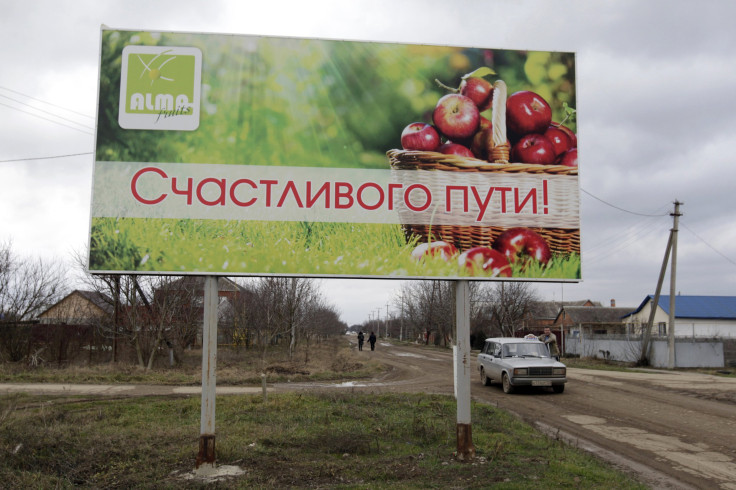Russia Food Crisis: Russian Boycott Of European Fruit, Vegetable Imports Helps Turkey

Fruits and vegetables imported into Russia dropped by 6 percent, or 670,000 tons, from 2013 to 2014 amid a ban on fruits and vegetables from Europe and food products from the United States. The country benefitting most from the boycott is Turkey, the online news source FreshPlaza.com has reported.
Before Russia decided to boycott these products in August 2014, imports were well above 2013 levels. As soon as the ban was enacted, imports dropped but then began to increase again as Russia imported more produce from countries not covered by the boycott. Before the ban, Europe primarily exported food to Russia. From Poland, there were apples, from Greece, olives and cucumbers and from other countries, plenty of other fruits and vegetables.
From August to December 2014, Turkey’s exports to Russia increased by 25 percent, or 140,000 tons. Imports from China increased by 10 percent, Belarus by 35 percent, Serbia by 36 percent, and Macedonia by a whopping 228 percent. More grapes, lemons, oranges and cucumbers from Turkey made their way into Russia during that period. Imports of pears from China increased, as did those of apples, tomatoes, pears, carrots and cabbage from Belarus.
But even with these increases, Russia had still gaps in certain produce, importing far fewer tons of apples, pears and tomatoes in 2014 for the same period in 2013. Overall, imports of fresh produce to Russia in the second half of 2014 dropped by 20 percent compared to the same period in 2013.
The report did not cover other foodstuffs, like meat, fish and dairy products, which Russia had also imported from the United States and countries in the European Union and decided to block in August 2014, when Russian President Vladimir Putin announced a ban on food and agricultural imports from countries that had adopted economic sanctions against Russia for its active role in the ongoing crisis in Ukraine. By December, the prices of certain foods, including beef and fish, had risen 40 to 50 percent. Government officials are considering steps to limit exports as food prices rise in both Ukraine and Russia and inflation soars.
© Copyright IBTimes 2024. All rights reserved.






















